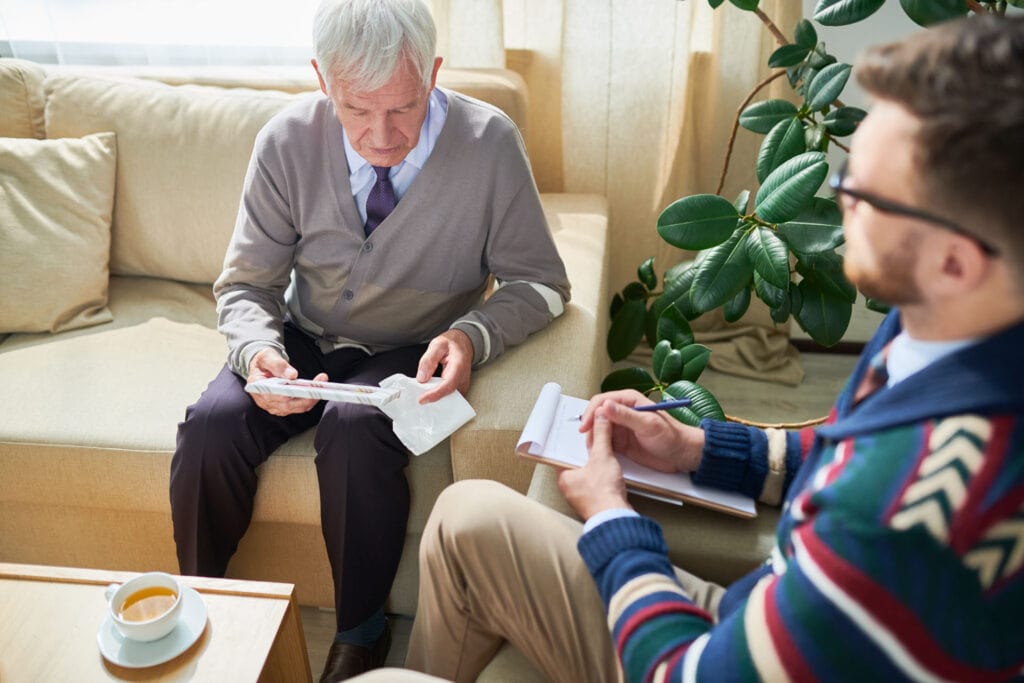Many of my clients come to me wondering if what they have experienced is “bad enough” to be considered trauma. Often, as we talk, they tell me, “it wasn’t that bad,” as they describe abuse or neglect that no child should have to experience. You see, they have been told their whole life that they had a “good childhood,” or that they somehow deserved what happened to them. Some have told a parent, or other trusted individual person in their life, what is happening to them only to be told that they are making it up. They are even punished for trying to get help. When a child is told these things by someone they should be able to trust, they begin to believe it.
So let’s talk about trauma. These days, trauma is a buzzword. There is a debate as to what can be called trauma. The DSM-5TR (official diagnostic manual within the US) defines it as:
[Exposure] to: death, threatened death, actual or threatened serious injury, or actual or threatened sexual violence, in the following way(s):
- Direct exposure
- Witnessing the trauma
- Learning that a relative or close friend was exposed to a trauma
- Indirect exposure to aversive details of the trauma, usually in the course of professional duties (e.g., first responders, medics)
In other words, you have to have had direct exposure to an event that at least threatened someone’s life or sexual assault. This is a fairly narrow definition of trauma.
Another camp argues that trauma is caused by anything that the individual does not have the resources to navigate in the moment. This opens up the possibility of what we call trauma. If I BELIEVE that I am threatened with death, then it counts.
So, how do I navigate these two definitions?
Well, the first is a part of what a client must have experienced in order to be diagnosed with PTSD, or Post Traumatic Syndrome Disorder. The second is a way of understanding the root causes of symptoms, whether they result from a DSM level trauma or not.
As an example, let’s picture a very young baby left to cry in their crib. What the baby experiences is that they are entirely alone. They have a need, something is wrong, and there is no one there to fix it. What happens if a baby is left alone, with no one to help them? They die. There’s no ifs, ands, or buts about it. A baby, left entirely alone, dies.
What the baby is unable to see is that her mother is sitting on the floor with her back against the crib, crying. Mom has fed her, diapered her, and has held her while crying for hours on end. Mom is exhausted, depleted, worn out. She just needs a break for her own sanity.
The baby is not alone, and she is certainly in no danger of death, but she can’t sit up and see that mom is right there. Incidents like these, especially is repeated often enough, can impact our views of who we are and what the world is like, which I believe are the basis of future behavior patterns and even personalities.
Now, I’m Looking At You, Mamas….
You just read that, and you’ve started thinking about all the ways you have messed up your child. Maybe your tiny one was crying in bed while you read that, and you’re now looking for a hole to crawl into, shaming yourself with thoughts that you are the worst mother ever or that you have caused irreparable harm to your child.
You haven’t. It’s ok. Remember, your baby actually IS safe. This example is to help you look back at your own past and understand yourself. It is not to shame you for being an incredibly human parent. Really.
We’ve looked at that baby. Now I want to look at the mom in our story. What has led to her sitting on the floor, crying? What has she been told about who she is her whole life? What messages did she learn? Was she expected to sense other’s emotions and needs in order to take care of them? Did she learn that she only had value if she was accomplishing things, fixing things, winning things? Is she trying desperately to break the pattern of how generation after generation in her family has parented, having to figure out how to be a “good” parent without any role models? Is she reliving painful experiences in her own past where she was neglected or abused? Or does it just feel like forever since she’s slept, and I mean really slept?
Our experiences make up who we are, who we believe ourselves to be, and what we believe the world is like. I work with clients to look at what these experiences were, regardless of whether they could be “officially” diagnosed as traumatic or not, and then decide what beliefs they want to carry forward in their lives. If you are ready to begin changing your beliefs about who you are or what the world is like, contact me. I can’t wait to see which ones you want to change.

